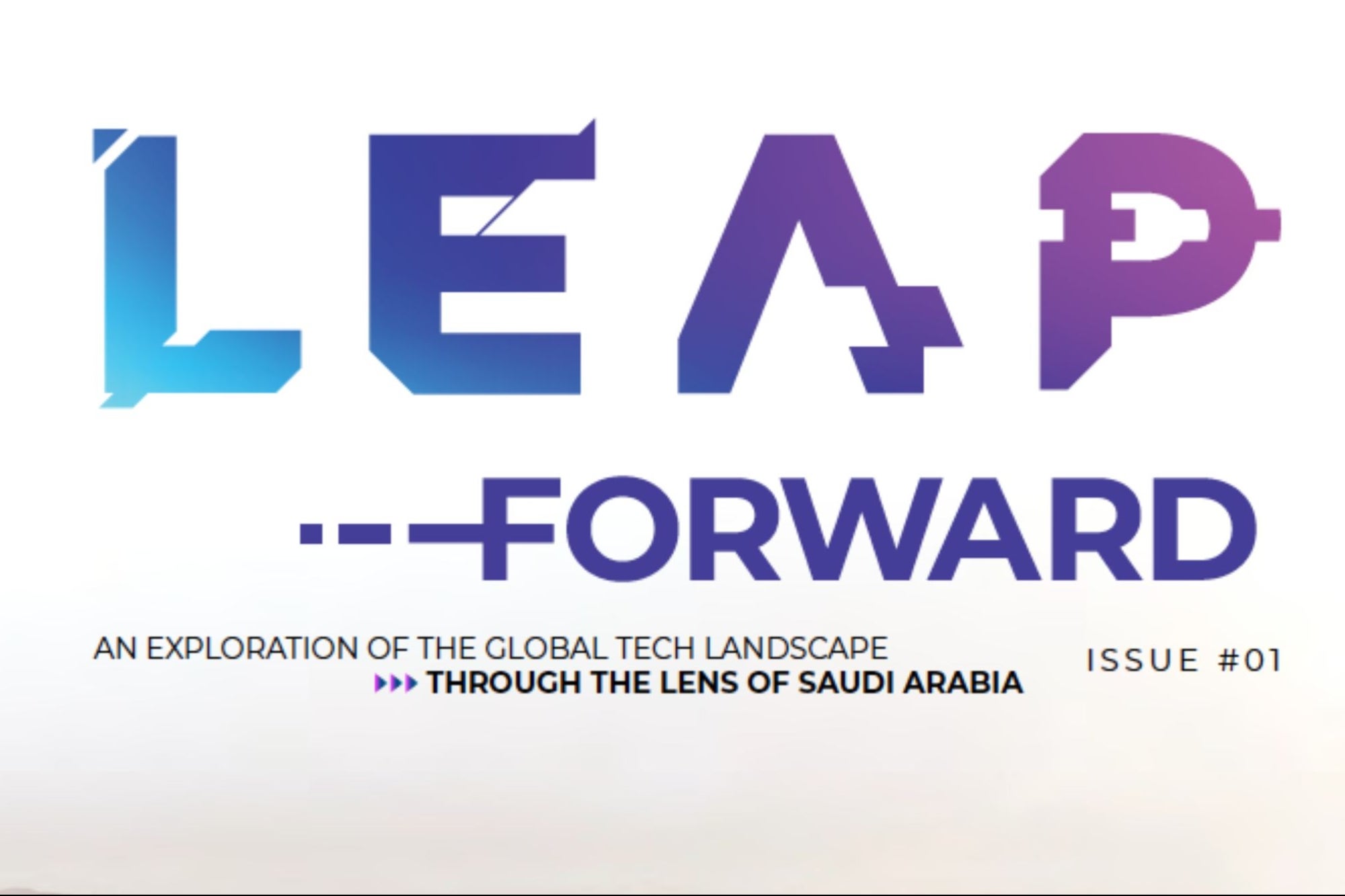Startup Spotlight: Hotel Data Cloud Wants To Offer A Centralized Global Database For The Hospitality IndustryDescribed as a content distribution platform, HDC is a centralized global database for descriptive hotel content that disseminates vital information about hotels across all major travel websites, travel agent databases, and points of sale, using artificial intelligence and machine learning.
Opinions expressed by Entrepreneur contributors are their own.
You're reading Entrepreneur Middle East, an international franchise of Entrepreneur Media.

The hotel industry is a pivotal contributor to the MENA's hospitality and tourism sectors, and while theCOVID-19 crisis did stunt the sector's growthfor a while, there appears to be a return to normalcy for many hotels across the region. But one major management hurdle still remains for many hotels- the lack of a centralized database. This has meant that hotel teams often find themselves struggling with not having an automated system that can show the latest information about room bookings, vacancies, and other vital data. This kind of misinformation poses the threats of irreversible reputational damage as well as financial loss. On the other side of the spectrum, this has resulted in travelers and hotel guests not necessarily always having up-to-date information to make informed choices, despite umpteen options when it comes to hotel listings.
To resolve these issues, Dubai-based startupHotel Data Cloud(HDC) was launched in 2016 by Gregor Amon and Kevin Czok. Described as a content distribution platform, HDC is a centralized global database for descriptive hotel content that disseminates vital information about hotels across all major travel websites, travel agent databases, and points of sale, usingartificial intelligenceand machine learning. "Hotels usually need to manually update their listings individually through OTA extranets, share email updates or fill out intake forms of their directly contracted partners," explains Amon. "Front desk staff and reservation offices receive countless inquiries for trivial information that is unavailable on incomplete online listings. This creates significant manual workload. HDC can directly source content from any type of accommodation provider, ranging from small independent hotels to branded luxury resorts, and distribute it on their behalf. Our content is accessible via an application program interface (API), and consumed throughout the entire value chain in travel distribution."
From a hotel guest's perspective, HDC offerspersonalized contentand recommendations on hotel websites and apps, based on the latest information. "For large segments of the population, travel isn't always easy," remarks Amon. "Many people find travel for business and leisure more difficult than it should be, for a vast number of reasons, including personal traits or the circumstances of a given itinerary. This includes families, minors traveling alone, religious travelers, members of racial minorities, students, and many others with personal challenges or simply specific preferences- especially travelers with physical disabilities and mobility challenges." HDC's vision makes for a particularly compelling case in light of how, in the wake of the coronavirus crisis, 62% of hotel guests prefer to use a hotel app to make their reservations as opposed to the traditional reception desk procedure, as per a study by Statista.
Amon says HDC's services are also of practical use for travel companies,loyalty programs, marketing organizations, and tourism boards, as well as airlines with holiday divisions. "Travel agencies rely on legacy systems that have not evolved: content is still shared via spreadsheets, plain text emails or unbelievably, even via fax," he observes. "These disparate and inconsistent delivery methods severely impact content quality and lead to high risks of content becoming diluted or outdated." HDC currently has a portfolio of over 11,000 hotels in 158 countries. Having signed its first major group contract with Global Hotel Alliance, covering over 570 luxury hotels, Amon says the firm is now looking to raise its next round of funding.
Related:启动焦点:SarwaAims To Make Investing Easier For Rookie Investors In the Middle East
'TREP TALK:Gregor Amon, founder, Hotel Data Cloud
Why did you choose Dubai as the base for your startup?
"As a global hub for travel, hospitality and tourism, Dubai was deliberately selected as a headquarters for our business and as founders, we personally moved here specifically for this reason. We also recognized Dubai's ambition to become the region's leading startup hub, and beyond this, placing strategic emphasis on growing its digital economy. One of the key benefits is the availability of many support programs for early-stage startups."
How has the MBRIF accelerator program helped you and your startup?
"TheMBRIF Accelerator明显不同于其他项目,offering bespoke support that is tailored to each startup's individual requirements at its respective stage of business, so the program appealed to us even as experienced founders, whose startup already graduated from other programs. The MBRIF has opened doors for us and accelerated negotiations with commercial partners. The program's endorsement and investor introductions also improve our access to capital."
Related:启动焦点:迪拜启动Student10xWants To Be A One-Stop-Shop For Student Supplies In The UAE












